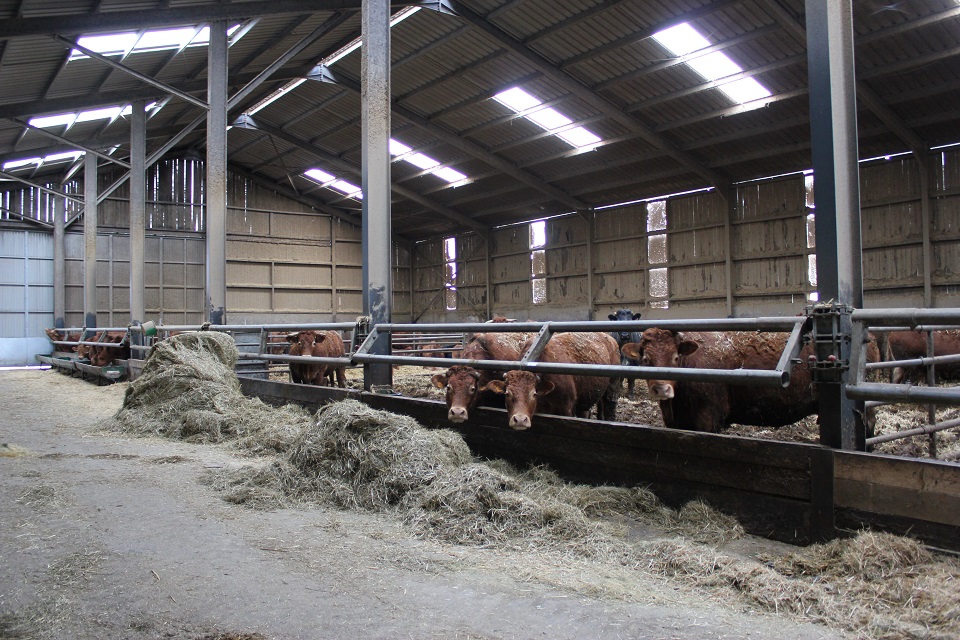Although there has been enormous progress in labour productivity in agricultural farming, the workload has continued to increase in recent decades. This has led to a deterioration in the quality of working life and the attractiveness of the profession. However, new generations of farmers are particularly sensitive to the work life balance.
The organisation of work is a strategy that can be used to achieve this balance and improve the quality of life of farmers. To better understand the workload on beef cattle farms and its contributing factors, 70 Walloon farms with a diversity of farming practices were consulted as part of a survey. The key figures produced by the study have been summarised in a document for the sector.
The routine work, which includes daily compulsory tasks and is linked to the care of the herd (feeding, calves, mulching, etc.), has been studied in greater depth. It accounts for 66% of the working time recorded in the study, and therefore represents a priority if one wants to improve its working conditions. While the average time for routine work and monitoring required by a suckler cow is 25 1/2 hours, this varies greatly from one farm to another.
The results of the study were presented to the participating farmers and discussed in groups of 8, in order to clarify the variations observed with their experience in the field. This work has contributed to develop a tool enabling farmers to estimate the working time required in the suckling activity, depending on their farming practices. The tool offers a theoretical working time to help farmers and their advisers in the integration of work considerations in their daily planning as well as when changes are envisaged (expansion, changes of practice, etc.).
This study was carried out in collaboration with CGTA and Elevéo.


